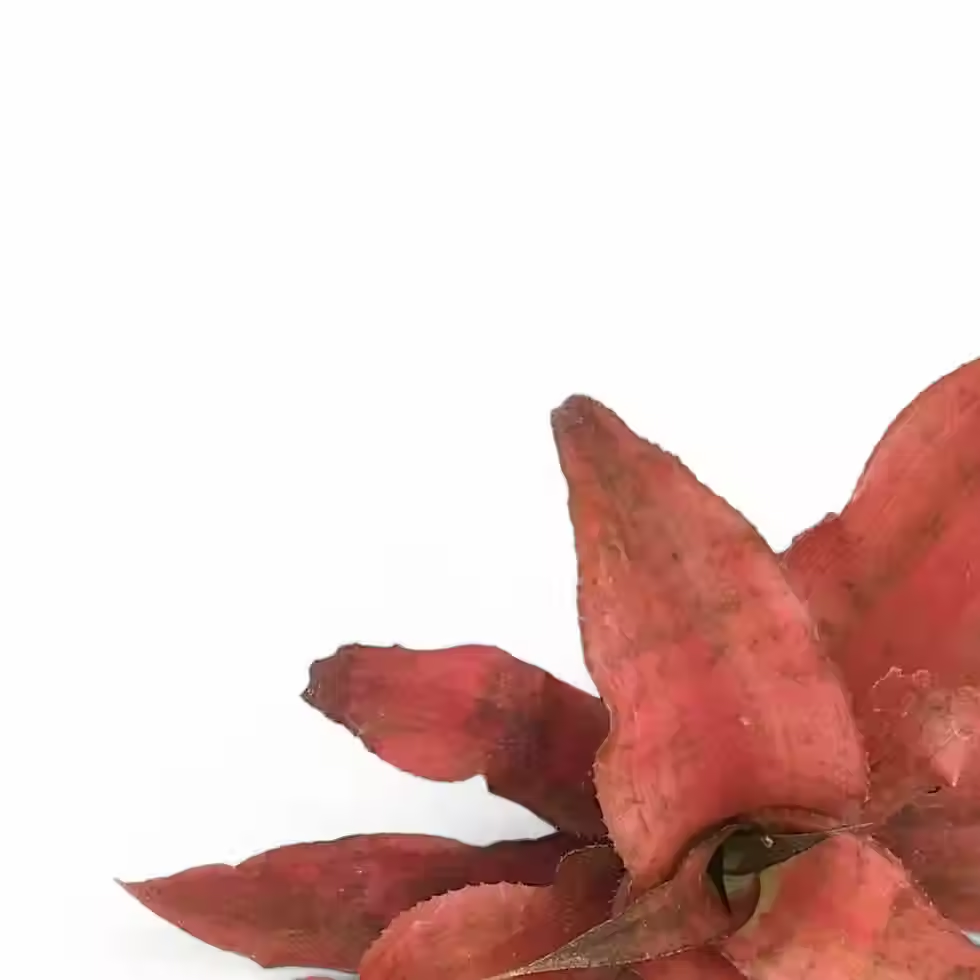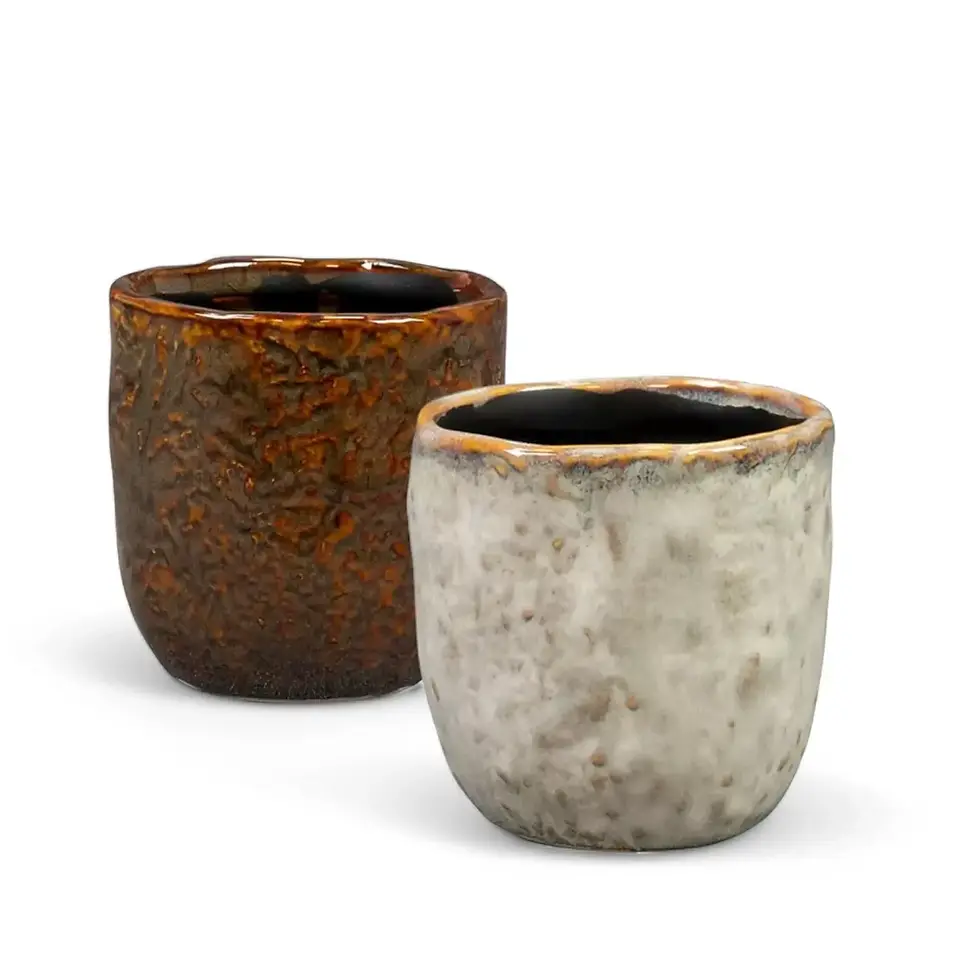Philodendron 'Dean McDowell' - Complete Care Guide and Growth Tips
Philodendron 'Dean McDowell' is a highly sought-after hybrid that masterfully blends the best traits of Philodendron gloriosum and Philodendron pastazanum. Its oversized, heart-shaped leaves emerge with a soft pink blush before maturing into a lush, deep green, adorned with striking white veins. The velvety texture and dramatic foliage make it a captivating centerpiece in any indoor plant collection. Unlike climbing Philodendrons, this terrestrial creeper spreads outward, requiring ample container space to accommodate its unique growth habit.
Philodendron 'Dean McDowell' - Key Features and Benefits
- Hybrid Origin: Created by John Banta in 1988, combining traits of Philodendron gloriosum and Philodendron pastazanum.
- Striking Foliage: Large, heart-shaped, velvety green leaves with prominent white veins, reaching up to 60 cm in length.
- Growth Habit: A low-growing, creeping Philodendron, best suited for wide containers.
- Moderate to Fast Growth: New leaves emerge every 4-6 weeks under optimal conditions.
- Mild Toxicity: Contains calcium oxalate, which can cause irritation if ingested. Keep out of reach of pets and children.
Philodendron 'Dean McDowell' - Growing Conditions and Care Requirements
- Natural Growth Habit: A creeping, terrestrial plant requiring wide, shallow pots.
- Indoor Growth Size: Can spread up to 1 meter wide, with leaves up to 60 cm long.
- Growth Speed: Moderate to fast with the right care.
- Resilient Houseplant: Adaptable to different indoor environments with moderate tolerance for fluctuating humidity.
Philodendron 'Dean McDowell' - Care Guidelines
→ Light Requirements
- Thrives in bright, indirect light but tolerates lower light with slower growth.
→ Watering Needs
- Keep soil consistently moist, allowing the top 2-3 cm to dry out between waterings.
- Avoid soggy soil to prevent root rot.
→ Humidity Levels
- Prefers 65-75% humidity. Use a humidifier if needed.
→ Ideal Temperature
- 18-27°C, avoiding cold drafts and sudden temperature changes.
→ Soil Composition
- Well-draining, organic-rich mix with coconut coir, perlite, and orchid bark.
→ Repotting and Pot Choice
- Use wide, shallow containers to support its creeping nature.
- Repot every 1-2 years to refresh soil.
→ Fertilization
- Feed with a balanced liquid fertilizer every 4-6 weeks during the growing season.
→ Propagation Techniques
- Propagate through stem cuttings with at least one node.
- Root in water, sphagnum moss, or soil.
→ Hydroponic Growth
- Adapts well to semi-hydroponic setups with consistent moisture and nutrients.
→ Pruning and Maintenance
- Trim damaged or yellowing leaves regularly.
Philodendron 'Dean McDowell' - Common Issues and Solutions
→ Pests
- Watch for spider mites, mealybugs, and fungus gnats.
- Treat with insecticidal soap , neem oil, or use beneficial insects if needed.
→ Root Rot
- Caused by overwatering. Ensure proper drainage and allow soil to dry between waterings.
→ Yellowing Leaves
- Check for overwatering, poor drainage, or nutrient deficiencies.
→ Browning Leaf Tips
- Often due to low humidity or direct sun exposure. Increase humidity and move to a shaded spot.
→ Leggy Growth
- Caused by insufficient light. Move to a brighter location.
Etymology and History
The name Philodendron comes from the Greek words "philo" (love) and "dendron" (tree). This hybrid was developed by John Banta in 1988, named after his friend Dean McDowell.
Frequently Asked Questions about Philodendron 'Dean McDowell'
- How big does it grow indoors? Spreads up to 1 meter wide, with leaves up to 60 cm long.
- Is it suitable for beginners? Yes, with moderate care requirements.
- Can it grow outdoors? Only in tropical and subtropical climates.
Order Your Philodendron 'Dean McDowell' Today!
Bring the lush beauty of Philodendron 'Dean McDowell' into your home! Order now and enjoy its breathtaking, velvety foliage in your indoor jungle.
Philodendron 'Dean McDowell' (gloriosum x pastazanum)
Philodendron 'Dean McDowell' comes in following sizes:
Baby Plant – comes in a ⌀ 6 cm pot and is approximately 12 cm tall
M – comes in a ⌀ 12 cm pot and is approximately 25 cm tall
L – comes in a ⌀ 15 cm pot and is approximately 40 cm tall

























































